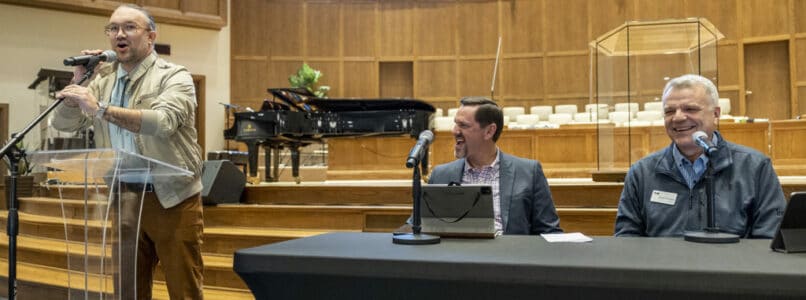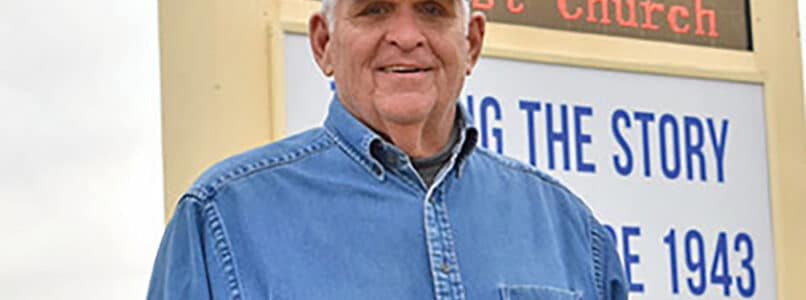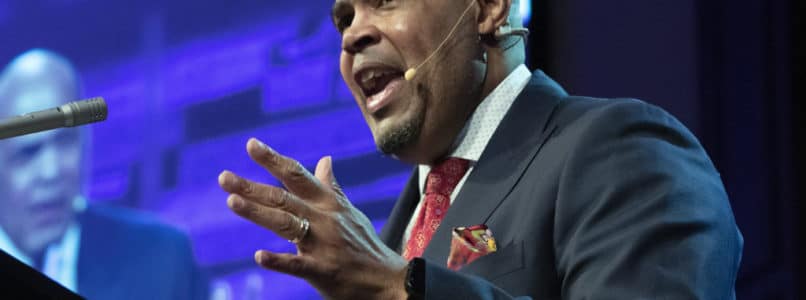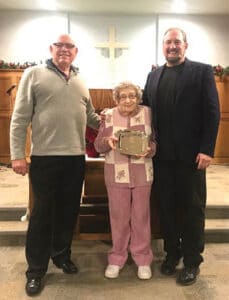On Tuesday, the ERLC hosted a special online event called “Oppression & The Olympics: A Discussion of China’s Human Rights Atrocities Ahead of the Winter Games.” During their time together, three panelists discussed China’s many human rights violations and why the Beijing Olympics is an occasion to spotlight the need for accountability.
In light of the upcoming American coverage of the Olympics by NBC Universal, some have urged the public to not engage in watching the games because of the Chinese Communist Party’s ongoing human rights violations, in particular against the Uyghur ethnic minority. This raises the question of boycotts and how Christians should think about them.
Thinking about boycotts
The term boycott refers to a refusal to buy, use, or participate in something as a means of expressing disapproval. A boycott can be either an act of protest or an act of coercion. In an act of protest, we are intentionally making purchasing decisions for the purpose of registering our disagreement or displeasure — regardless of whether it affects the behavior of anyone else. In contrast, an act of coercion is when we are intentionally making purchasing decisions for the primary purpose of changing someone else’s behavior.
In the case of the Olympics, we are either protesting or attempting to coerce a particular entity: either NBC Universal, the Chinese government, or both. We do not have a moral obligation to either watch the Olympics or buy products from China. The loss of one additional TV viewer or an individual consumer will also not cause much direct harm if we engage in a protest of refusing to watch the games or buy Chinese goods. We can merely make the decision to engage in such a protest based on our individual conscience without a concern about creating an moral conundrum.
However, if our goal is coercion, we are going beyond mere protest by attempting to wield our power in a way that brings about justice. Even though this is a nonviolent use of power, we should apply the similar principles and standards that we would use for violent use of power — which, for many Christians, would be just war principles.
Two principles associated with the just war tradition that would seem to apply to this situation are reasonable chance of success and discrimination. How those principles are applied is open to disagreement, of course, but here’s how we could frame the consideration. We can ask:
Are our actions likely to have the intended effect on NBC Universal and the Chinese government, and does the good of engaging in the boycott outweigh the economic destruction on innocent civilians, such as Chinese workers or employees of NBC?
How much economic harm should be allowed by our boycott depends on how likely our boycott is to lead to justice. If the boycott is likely to be effective, then a greater level of harm may be justifiable. However, if the boycott is likely to be ineffective, then the threshold for economic damage to innocents should be considerably less.
We can also be guided in our thinking about boycotts by the principle of proximate justice. As Steven Garber once explained the concept,
“Proximate justice realizes that something is better than nothing. It allows us to make peace with some justice, some mercy, all the while realizing that it will only be in the new heaven and new earth that we find all our longings finally fulfilled, that we will see all of God’s demands finally met. It is only then and there we will see all of the conditions for human flourishing finally in place, socially, economically, and politically.”
Here’s an example of how we might balance these factors in regard to our decision about a boycott:
We can refuse to watch the Olympics on NBC since viewership increases their advertising revenues. We can also refuse to buy any products made by slaves — which might include Olympic souvenirs — since this is the best way for me to apply proximate justice.However, we may decide we will not refuse to buy products merely because they are made in China since an individual boycott is almost assuredly going to be ineffective, and the most likely outcome would be that the only people hurt would not be the Chinese government but the poorest of Chinese workers (some of whom are our brothers and sisters in Christ).We can use what power we have to take other steps that are most likely to affect the Chinese government and minimize the harm to innocent Chinese people. For example, we can use social media to raise awareness about Chinese atrocities and the treatment of the Uyghurs while the Olympics is ongoing.
Whatever choice we make about the boycott, there are certain actions we can all take to promote justice. As the panelists noted during the ERLC event, we can contact our U.S. representatives and senators and encourage them to enact legislation that limits Chinese government power. We can also pray for world leaders to have courage to put an end to the Uyghur genocide and to rethink economic exchange with a communist government that disregards human rights.
The post How should Christians think about a boycott of the Olympics? appeared first on ERLC.























